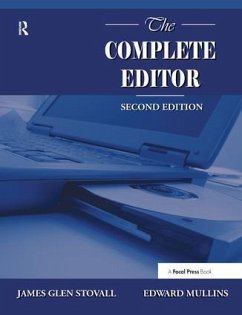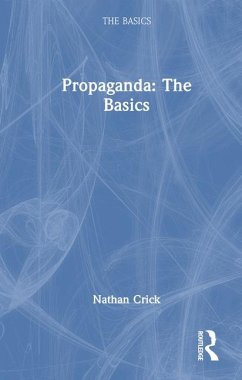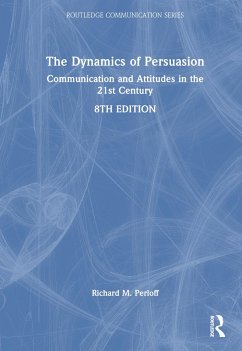
Landmark Essays on Archival Research
Versandkostenfrei!
Versandfertig in über 4 Wochen
232,99 €
inkl. MwSt.

PAYBACK Punkte
116 °P sammeln!
This collection offers essays from more than twenty years of archival research methodologies and methods. The selection of essays found within, presented chronologically, bring forward the theories and practices that define this essential form of scholarly inquiry. They allow readers to get a sense of how scholars have articulated archival research, giving them insight into the shifts research methods have undergone given emerging technologies, changing notions of access, emerging concerns about issues of positionality and representation, fluid definitions of what constitutes an archive, and t...
This collection offers essays from more than twenty years of archival research methodologies and methods. The selection of essays found within, presented chronologically, bring forward the theories and practices that define this essential form of scholarly inquiry. They allow readers to get a sense of how scholars have articulated archival research, giving them insight into the shifts research methods have undergone given emerging technologies, changing notions of access, emerging concerns about issues of positionality and representation, fluid definitions of what constitutes an archive, and the place of archival research in hybrid research methods.



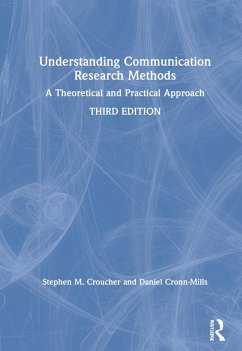

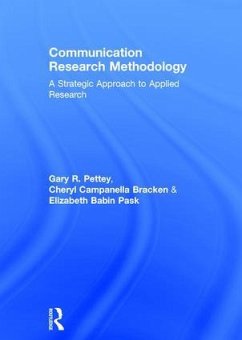
![The art of Writing [and] Speaking the English Language; Volume 6 Cover The art of Writing [and] Speaking the English Language; Volume 6](https://bilder.buecher.de/produkte/69/69475/69475719n.jpg)
